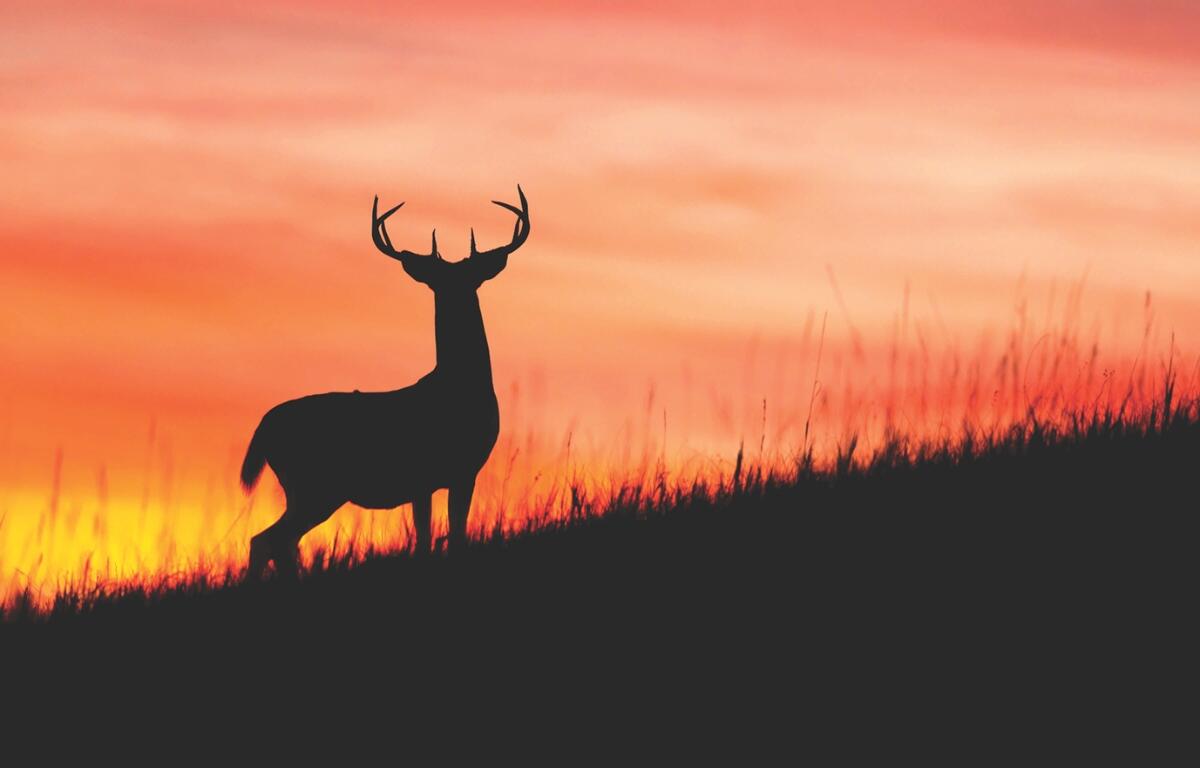It’s that time of year again… the leaves have turned, the air is crisp, and the deer are everywhere. Late fall is peak season for deer activity in the Shenandoah Valley, especially during dusk and dawn when visibility is lower and animals are on the move. At Harrisonburg Collision Center, we see firsthand just how much damage a split-second encounter with a deer can cause. Here’s our expert advice on how to avoid them, and what to do if one finds you first.
Why You’re Seeing More Deer Right Now
Deer collisions increase sharply in the fall because of mating season. Bucks are more active and less cautious, and herds are moving to find food as the weather changes. Combine that with shorter daylight hours and morning fog, and you’ve got the perfect setup for surprise crossings.
Spot the Signs Before It’s Too Late
Keep an eye out for deer crossing signs, as those aren’t just decoration. They mark high-traffic areas where collisions are most common. Scan the sides of the road for movement, especially between 5–8 a.m. and 6–9 p.m. Remember: where there’s one deer, there’s almost always more right behind it.
What To Do (and Not Do) When a Deer Appears
If a deer runs in front of you, brake firmly and stay in your lane. It’s instinct to swerve, but that’s when most serious accidents happen, often involving other vehicles or trees. Hit the brakes, keep control of the wheel, and hold steady. Your car can be repaired. Your safety can’t.
After the Hit: What Happens Next
If you hit a deer, move your vehicle to a safe spot and turn on your hazard lights. Don’t approach the animal as it may still be alive and unpredictable. Call the police to report the accident (for insurance purposes, this is important), and take photos of the scene if you can safely do so. Then contact your insurance provider and a trusted collision repair center to inspect your vehicle for hidden damage. Even a mild-looking hit can bend a frame, damage sensors, or affect your airbags.
Let the Experts Check It Over
At Harrisonburg Collision Center, we’ve repaired countless vehicles after deer strikes. We know what to look for, from front-end damage and coolant leaks to advanced driver-assistance sensors that need recalibration. Our certified technicians can assess the full extent of the damage and make sure your car is truly ready for the road again.
Final Word:
Deer season doesn’t have to spell disaster. Stay alert, take it slow in wooded areas, and know that if the unexpected happens, you’ve got a local team ready to help. Harrisonburg Collision Center has you covered with expert repairs, honest communication, and the experience to make your vehicle whole again.
Listen to the full interview with Joe Williams of Harrisonburg Collision Center here:



